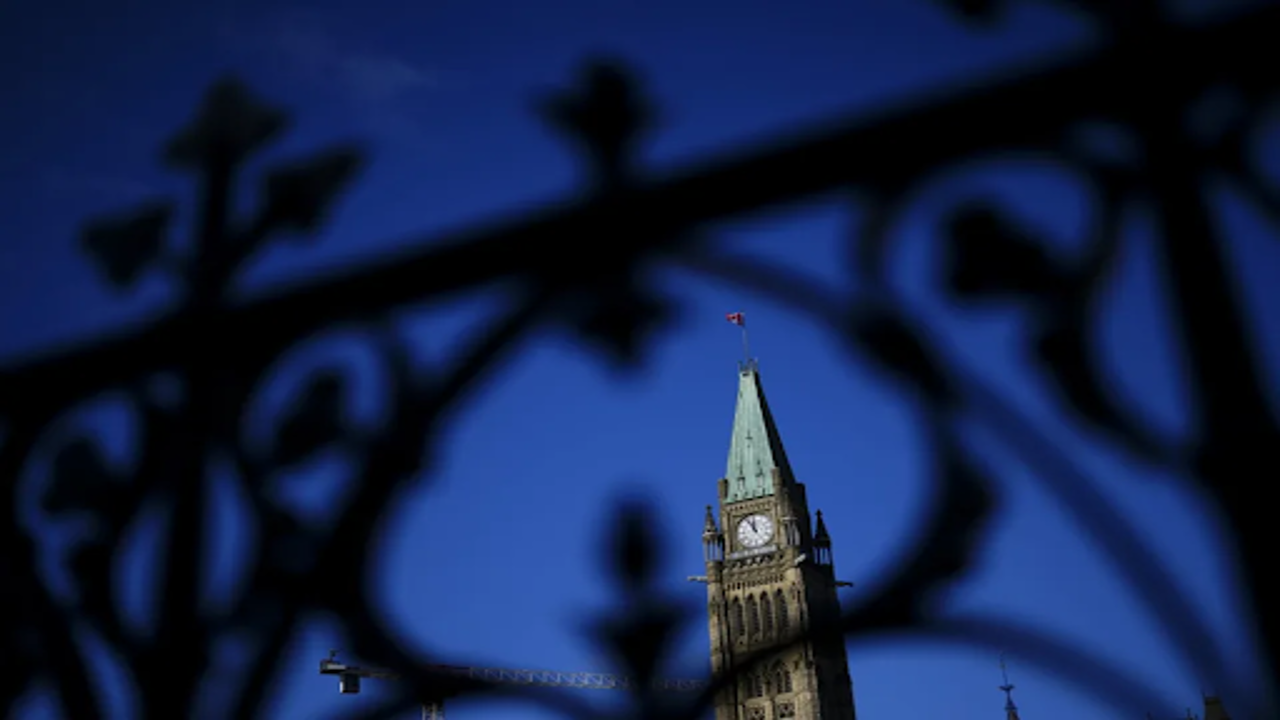
The Canadian government reported a $9.8 billion deficit for the first five months of the fiscal year, from April through August.
The Canadian government is grappling with a significant $9.8-billion budget deficit for the April to August period this year, a noticeable increase from last year’s $4.3-billion shortfall during the same months. According to the Finance Department’s latest fiscal report, this rise reflects changes in both government revenue and spending.
Revenue saw an increase of $16.7 billion, or about 9.3 percent, as tax collections and other major income streams grew. The rise in revenue was attributed to overall economic growth, with more Canadians contributing through taxes and other sources of federal revenue, helping boost the government’s income.
However, government spending also escalated sharply. Program expenses, excluding specific actuarial adjustments, surged by $17.9 billion, marking an 11 percent increase over last year. These expenses were channelled towards federal programs, with a substantial portion directed at direct services to Canadians. Additionally, financial transfers to provinces, territories, and municipalities also saw a notable hike, supporting various social programs, infrastructure, and regional development efforts.
Another factor contributing to the increased deficit is the growing cost of public debt. Debt charges rose by $4.4 billion, up by 23.1 percent compared to the same period last year, largely due to higher interest rates on marketable bonds and treasury bills. As interest rates fluctuate, these debt-servicing charges impact the overall budget, reducing the funds available for other governmental needs. Despite this increase in debt charges, actuarial losses—related to changes in future pension and benefit obligations—remained stable, adding no further pressure on the budget.
The deficit figures come amid ongoing discussions in Ottawa about balancing fiscal responsibility with necessary investments in social services, healthcare, and economic stimulus. Economic experts point out that while higher spending is crucial for growth and development, the rising debt cost is a cause for concern, as it could limit the government’s ability to fund future initiatives without incurring more debt.
With the fiscal year still unfolding, the federal government faces the challenge of managing its finances while meeting commitments to Canadians. As spending continues in key areas and debt costs mount, the deficit might pose a challenge to future budgets unless revenue growth keeps pace or spending is adjusted.















